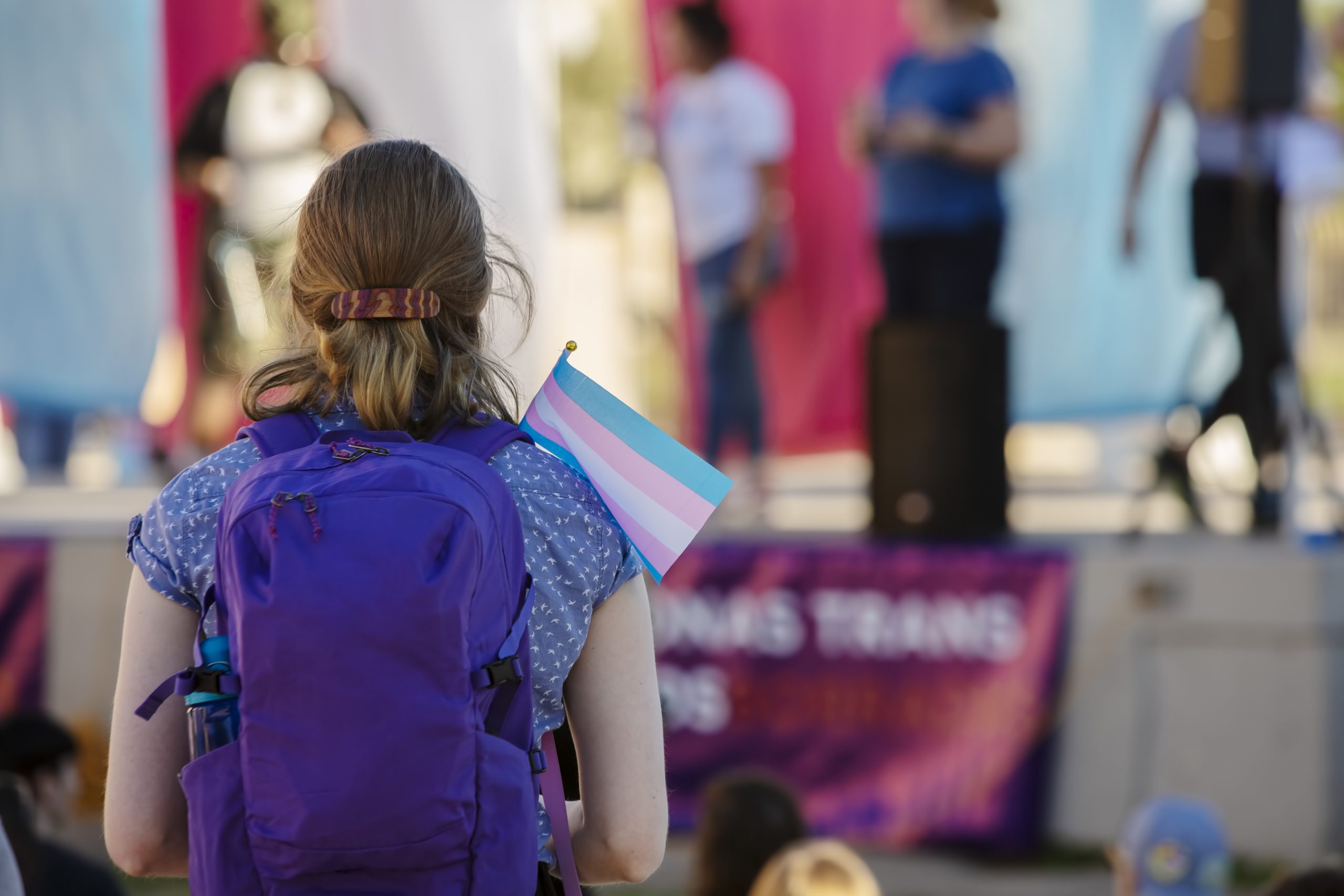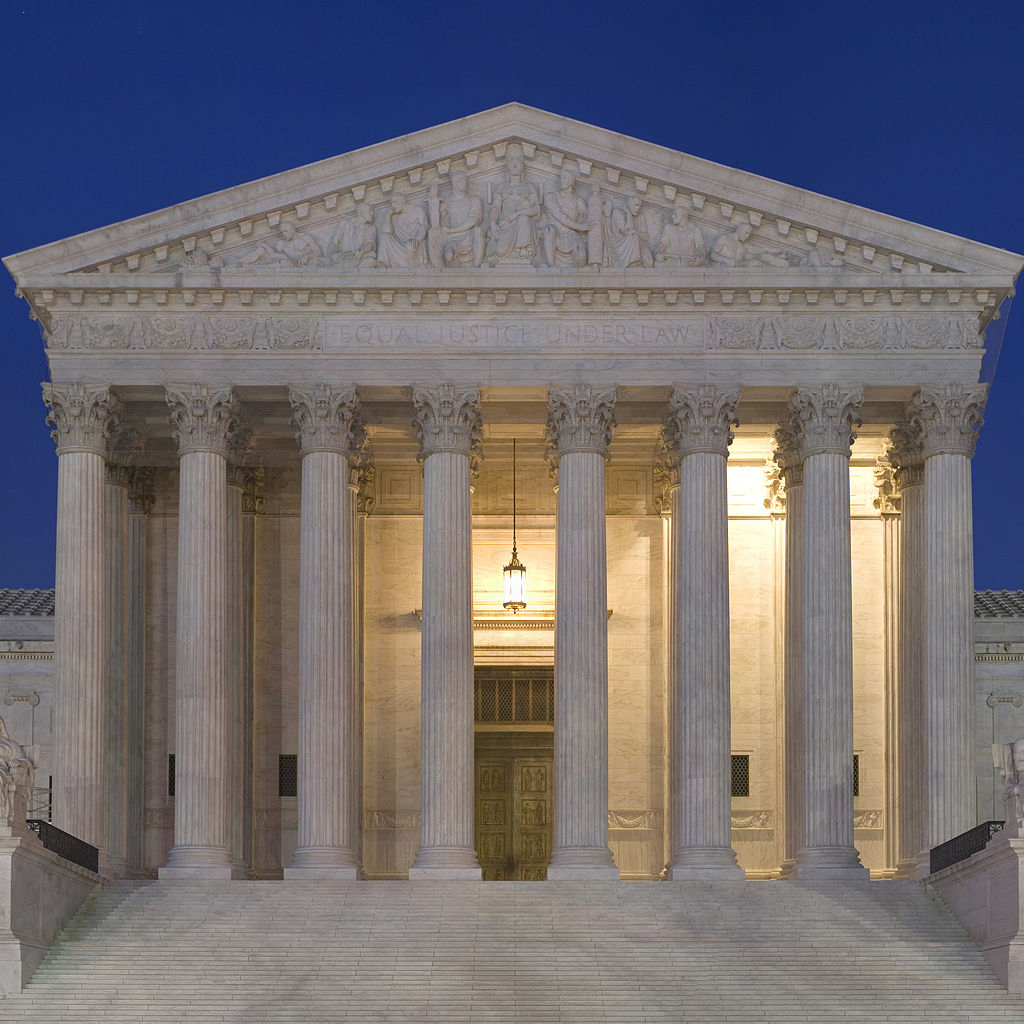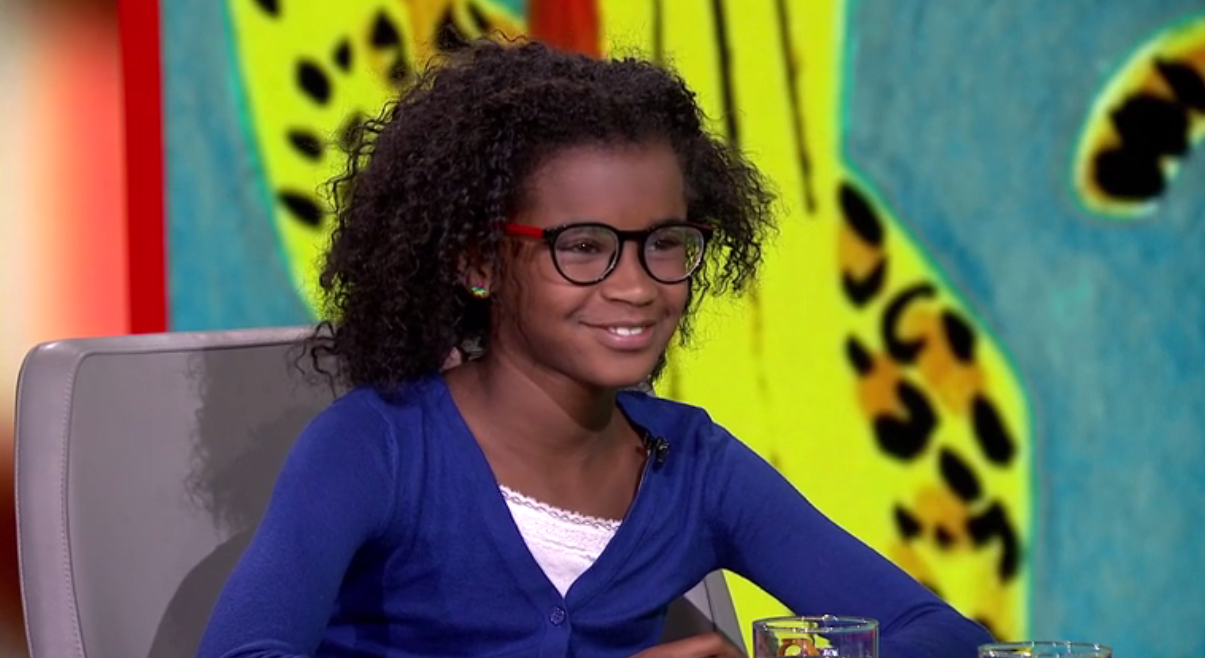Abortion rights, women of color, and LGBTQI+ people are under attack. Pledge to join us in fighting for gender justice.
Don’t Bench Trans Kids

Update: January 19, 2023 – The parties agreed that the case was moot, and the Seventh Circuit dismissed the appeal.
***
On November 10, 2022, the National Women’s Law Center (“NWLC”), along with our law firm partner Hogan Lovells US LLP and 58 other organizations committed to gender justice, led an amicus brief in A.M. v. Indianapolis Public Schools, on appeal to the U.S. Court of Appeals for the Seventh Circuit. NWLC is supporting the plaintiff A.M., a transgender girl who could be kicked off her elementary school softball team by Indiana’s anti-trans sports ban.
The Case
A.M. is an elementary school student in the Indianapolis public school system, identified by initials to protect her privacy. Before A.M. turned 4, she came out to her family as a transgender girl and has been able to express her true gender ever since. She was diagnosed with gender dysphoria at age 6, and in 2021 began medical treatment to safely prevent her from undergoing an incorrect puberty. That same year, A.M. and her family updated her legal name and gender marker on her records—she is known by her school, community, and the federal and state government as a girl in every way.
At the end of summer 2021, A.M. began fourth grade and decided to try out a new sport. She played on her fourth-grade girls’ softball team. Like most student athletes, A.M. experienced benefits from playing school sports: higher confidence, improved self-image, and a supportive social network—all of which helped to reduce the distress she felt related to her personal experience of gender dysphoria. However, in May 2022, Indiana enacted House Enrolled Act (“H.E.A.”) 1041 over the state governor’s veto. This discriminatory law bars transgender girls from playing on school sports teams aligned with their gender and encourages vigilante-style complaints against any student someone thinks is “too masculine” to be a “real girl.” Facing the possibility of exclusion from the girls’ softball team, A.M. and her family fought back by challenging H.E.A. 1041 in court.
Indiana has attempted to defend its discrimination by repeating offensive and incorrect stereotypes. They wrongly claim that LGBTQI-inclusive policies in school conflict with protecting cisgender girls, and that Title IX permits discrimination against transgender and nonbinary students (just because Title IX allows gender-separated sports teams).
But the undeniable truth is that transgender girls are girls, and Indiana’s law is based in bigotry over reality. The federal district court in Indiana ruled that A.M. is likely to win on her claim that this law violates Title IX’s prohibition on sex discrimination. That means that Indiana may not enforce anti-trans discrimination in schools while A.M.’s case is pending. That’s good news, because it means, at least for now, A.M. can go back to playing softball.
Indiana has appealed this initial decision, and NWLC is supporting A.M. and her counsel at ACLU at this stage of the case.
Our Brief
We explain in our brief that if state governments are allowed to ban trans youth from playing sports—based on sex stereotypes—this will lead to greater policing of bodies, which will be particularly harmful for Black and brown women and girls.
We discuss how laws like H.E.A. 1041 cause more severe harm to students who experience forms of systemic oppression, including queer and trans girls, Black and brown girls, and intersex students (who have natural variations in sex-linked characteristics). There is a long, atrocious history of sex testing in girls’ and women’s sports being weaponized against any athlete who doesn’t conform to a narrow and white-centric definition of femininity, especially Black women athletes.
By encouraging state scrutiny of students’ private medical records and reproductive anatomy, laws like H.E.A. 1041 may increase sexual abuse of young athletes by doctors or coaches—a real problem faced by far too many girls in sports.
There is no need to speculate about what happens when LGBTQI students are allowed to participate in sports—our brief highlights a decade of data showing how inclusive school sports policies don’t harm cisgender girls. In fact, research shows a correlation between LGBTQI-inclusive sports policies and increased levels of sports participation by all girls. In other words, when we look at states where trans girls play sports, more cis girls are playing sports, too.
As advocates for gender justice, we know that gender equity will never be attainable if states are allowed to exclude transgender students from education, community, and other core aspects of life. Our brief urges the Seventh Circuit to follow its own precedent and the recent precedent of the Supreme Court to protect A.M. and other students like her from discrimination.





